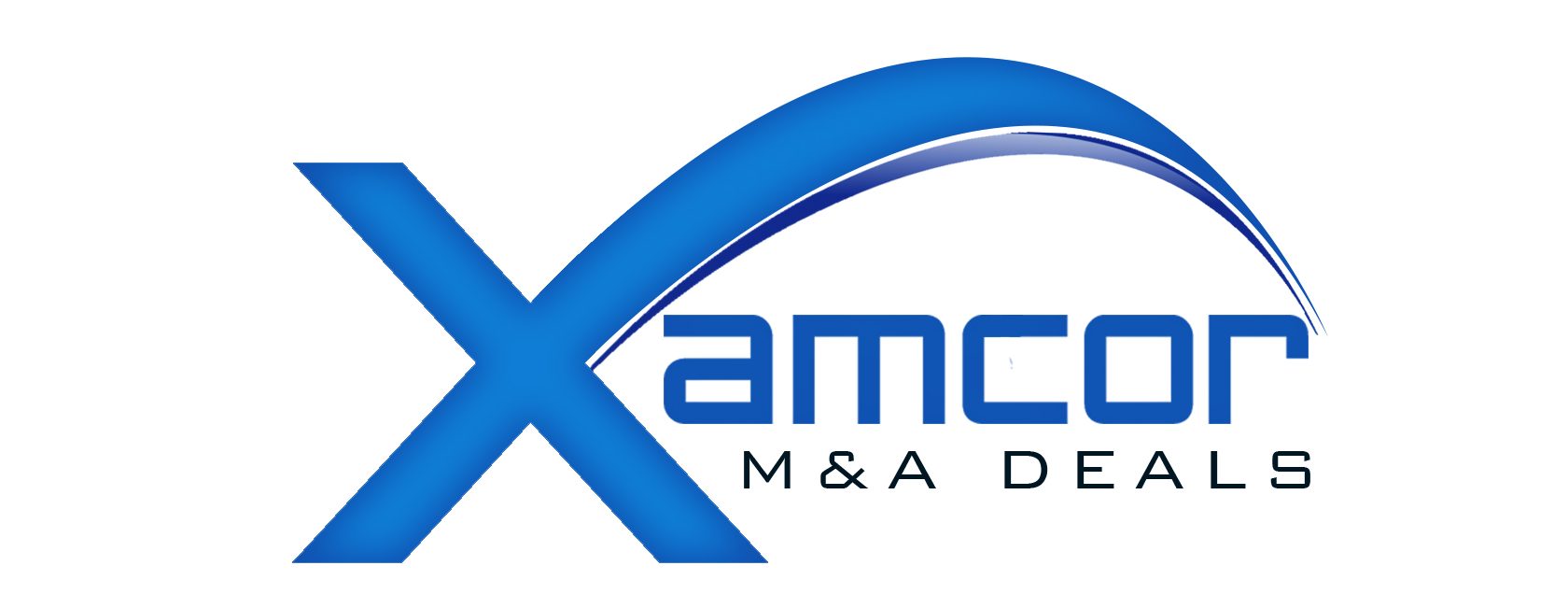Germany Releases Standard for Electronic Invoicing
The new “ZUGFeRD” standard will be essential for anyone doing business in Germany or with German companies and public agencies
A new standard for exchanging electronic invoices was released that accelerates the replacement of paper invoices and further enables automated payments at businesses and government agencies. The standard was jointly presented by members of the German Federal Department of the Interior, the Federal Department of Commerce, and the German ICT Industry Association “BITKOM.” Responding to an EU-directive for electronic invoicing, t.
Today almost all of the 32 billion invoices generated in Germany each year are still done on paper. The ZUGFeRD standard aims to catalyze the process of digitization, with the goals of saving up to 200 000 tons of paper and driving an estimated 50 billion Euros in annual productivity improvements among private and public organizations. State Secretary Cornelia Rogall-Grothe explained how the partnership between different national government agencies and the information technology industry was the primary force behind development of the new standard. BITKOM board member Jürgen Biffar stressed how the standard would be useable throughout the German economy, particularly small to medium sized businesses, who as the primary suppliers to large enterprises stand to gain the most from automating invoice processes. Over 60 software companies in Germany already fully support the new standard, and special tools are available to enable more firms to create and receive invoices in the ZUGFeRD format.
The simplicity of ZUGFeRD guarantees its success. Invoices are stored and exchanged as PDF-files using a format that is not only optimal for long-term archiving but also enables embedding XML-files, which contain invoice information in a standardized form along with the image of the PDF itself. Moreover, the ZUGFeRD is fully compatible with all other leading industry standards, invoices can be viewed and printed with any PDF reader, and the embedded XML-structure is based on the worldwide UN/CEFACT Cross Industry Invoice data model. Organizations will now be able to automatically process all the typical steps involved when receiving electronic invoices, including reading supplier names, invoice numbers, dates, amounts and payment instructions from the ZUGFeRD file before booking them in an accounting system, routing them for approvals, and finally storing them according to applicable compliance requirements.
In June 2014 the European Union issued a directive mandating all member states to enable government agencies to electronically receive and process invoices in a standard format. With the largest economy in Europe, Germany is now at the forefront of this initiative by defining the ZUGFeRD standard. The German FeRD (Forum elektronische Rechnung Deutschland, www.ferd-net.de) is both the managing organization behind the ZUGFeRD-standard and the German representative to the European multi-stakeholder Forum for Electronic Invoicing.
BITKOM represents more than 2,200 companies in the digital sector, including 1,400 direct members. With more than 700,000 employees, our members generate a domestic turnover of 140 billion Euros a year, exporting high-tech goods and services worth another 50 billion Euros. Comprising 1,000 small and medium-sized businesses as well as more than 200 start-ups and nearly all global players, BITKOM’ members offer a wide range of software technologies, IT-services, and telecommunications or internet services. They produce hardware and consumer electronics or operate in the sectors of digital media and the network industry. The companies’ headquarters are predominantly located in Germany with an additional amount of 10 percent in other countries of the EU and the USA as well as 5 percent in other regions. BITKOM supports an innovative economic policy by focusing the modernization of the education sector and a future-oriented network policy.



